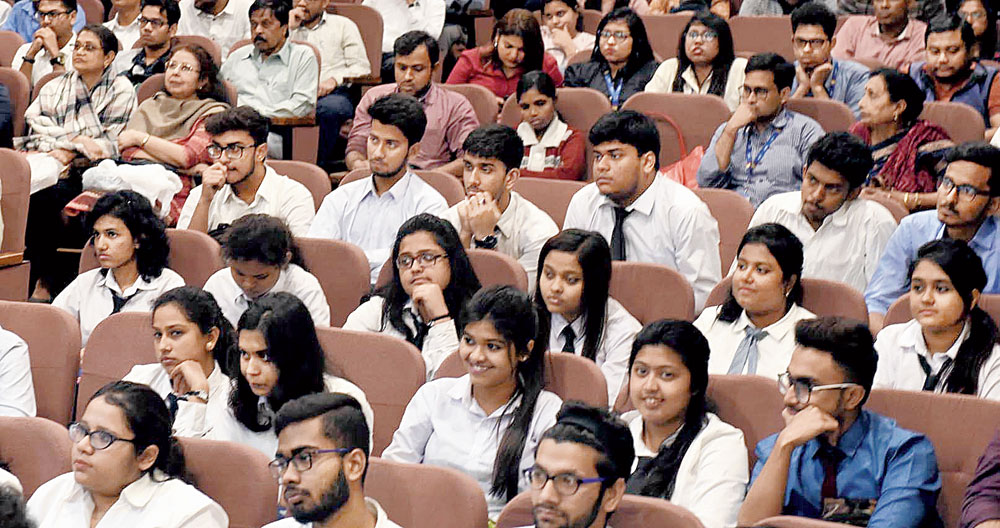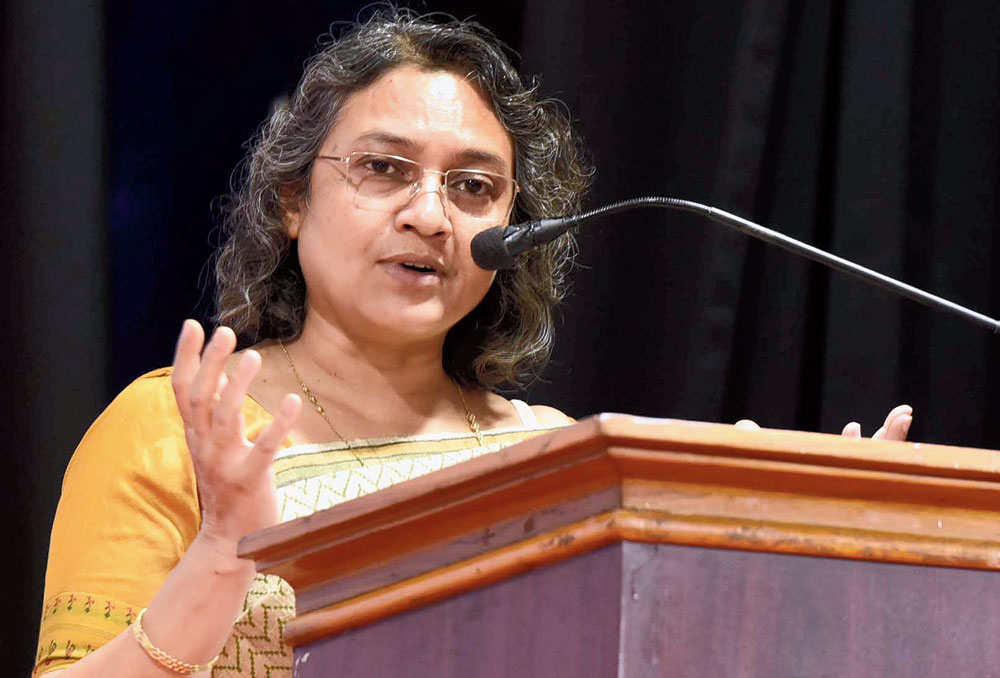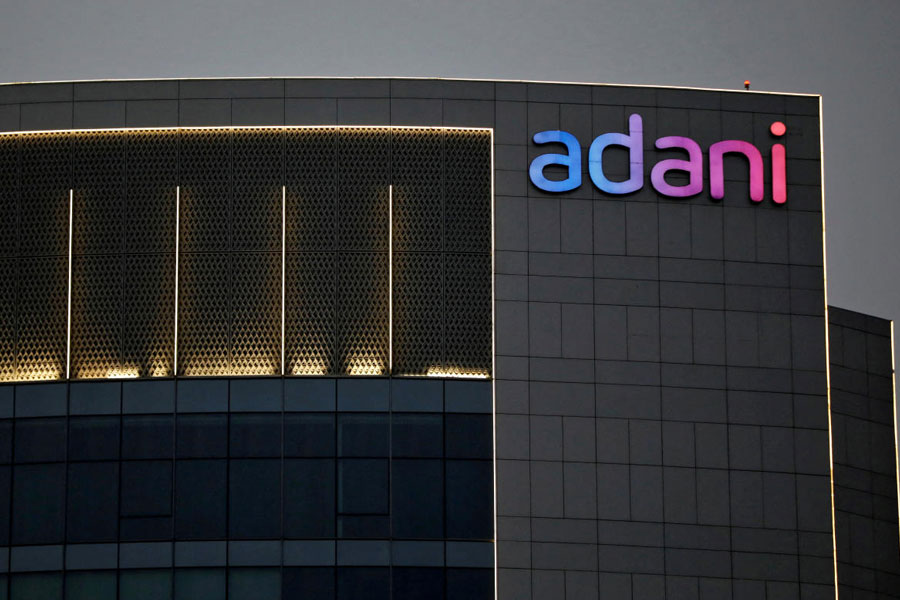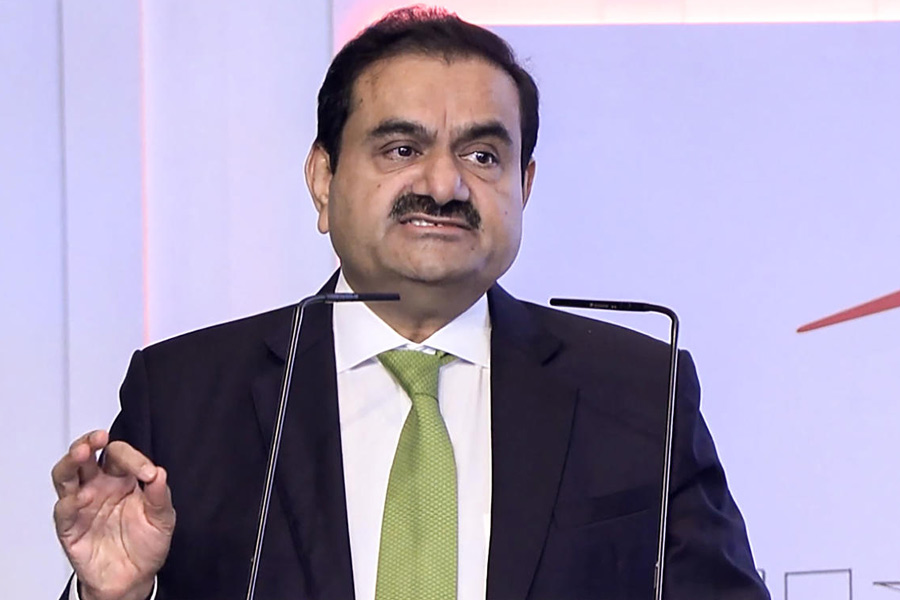Technology has not been able to displace humans through the ages despite apprehensions and it is up to humans to decide how to use technology, the head of IIT Kharagpur’s Centre for Artificial Intelligence told students in the city recently.
“Technology has always been there and it is for us to decide how it can be used for the benefit of mankind rather than cause hindrance,” Sudeshna Sarkar, the head of the computer science and engineering department and Centre for Artificial Intelligence at IIT Kharagpur, said at the Knowledge Exchange Series, presented by Calcutta Management Association, in association with The Telegraph, at Rotary Sadan on Monday.
“There is already enough technology that is dangerous; it depends on the checks and balances we put in place. We have to see how technology can help take us higher,” Sarkar said while speaking on How Artificial Intelligence, Internet of Things, Machine learning and Robotics are going to impact the business and society.
Sarkar said AI will change the nature of jobs. “Routine jobs will be replaced by automation,” she said, adding that jobs would require a higher level of preparedness, education and communication.

The audience of students at Rotary Sadan, Calcutta Picture by Pradip Sanyal
“One has to skill oneself, one has to be ready to learn more, one cannot stop learning after college, one has to go on learning to be able to adapt to new jobs. Everyone has to be forward-looking to understand what kind of jobs there are, how one can prepare themselves based on their aptitude,” she said.
Sarkar underlined the need to imbibe “critical thinking, creativity and ability to learn” to keep pace with the rapid growth of technology.
“They (students) can continue to absorb new technology and be able to function in a world that is changing so fast. In order to have good jobs and contribute to society, it is important to have an awareness of what is going on and be able to find new types of jobs and adapt to the new world,” Sarkar said.
Education has to move away from rote learning because what one is learning now becomes obsolete after a few years. “You have to learn to think creatively so that the learning will remain valid. We have to very consciously try to see that education is more flexible, liberal, encourages questioning and thinking,” Sarkar said.











